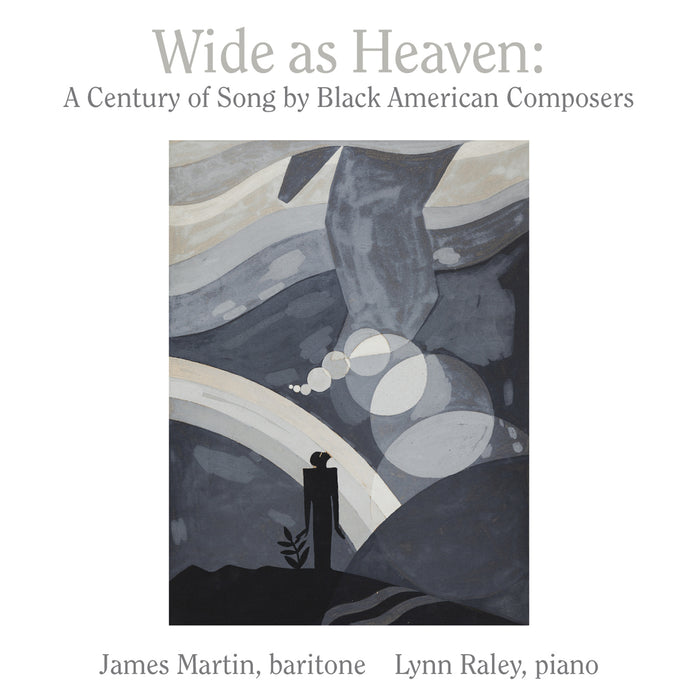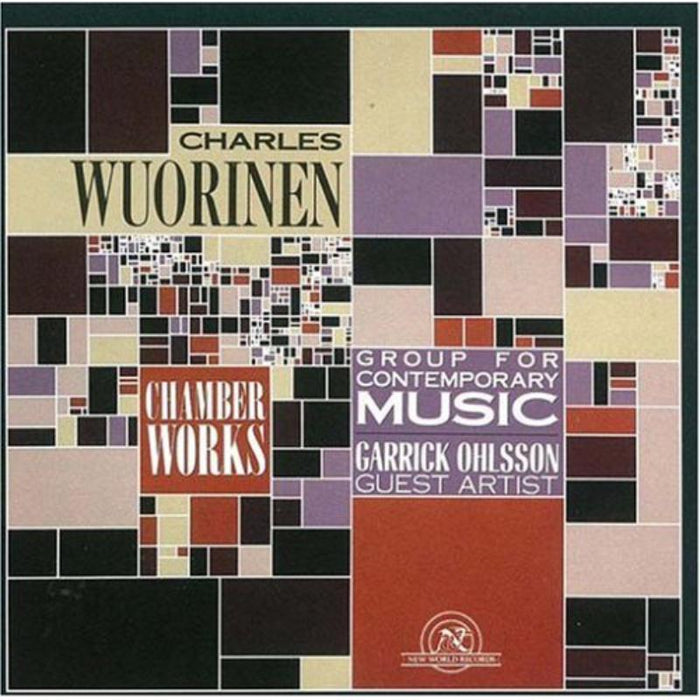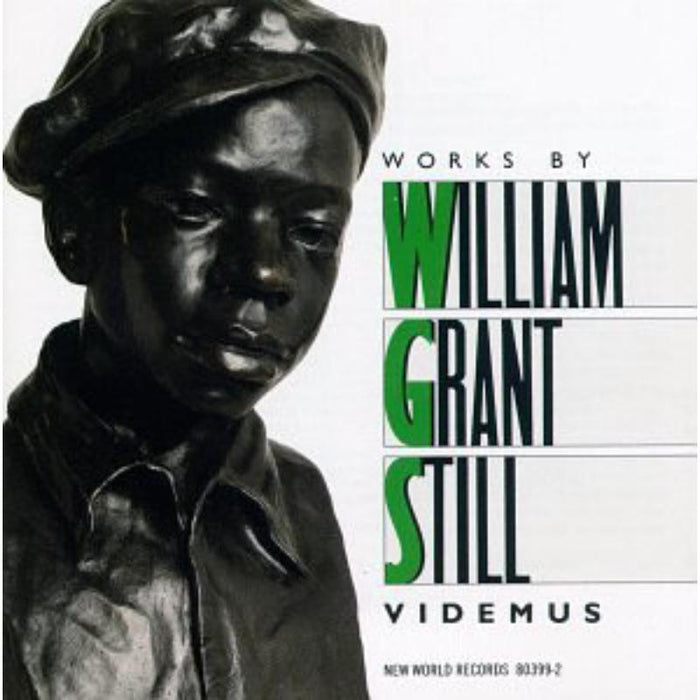Description
Fairy tale opera has been a challenging genre for composers, with even some of the musically most successful examples, like Humperdinck's Hansel and Gretel of 1893, more often presented for children than for adults.
Scott Wheeler's (b.1952) ' Naga', working from a text that lies between fairy tale and mythology, stands much closer to Mozart's marvellous exemplar, The Magic Flute, in its musical account of a restless man setting out on a spiritual quest in a world polarized between good and evil forces that are not easily distinguishable one from another.
Set to a libretto by Singapore-born writer and impresario Cerise Lim Jacobs, the opera follows a Buddhist monk as he leaves his wife and sets off in search of spiritual enlightenment, under the tutelage of a stern Buddhist master and the surveillance of two fiercely passionate snakes, the "naga" of the title, designating Hindu and Buddhist serpentine deities.
Given the religious content and fairy tale legendry of the libretto, it is striking that Wheeler's Naga is neither ritually minimalist in its musical composition, nor carefully neo-classical, but a work of full-blooded passion, longing, and jealousy, gorgeously composed in the spirit of late Romantic opera. Wheeler, a student of Virgil Thomson, reflects
some of the musical values of mid-twentieth-century composers like Barber, Britten, and Bernstein.
Featuring soloists Anthony Roth Costanzo, David Salsbery Fry, Stacey Tappan, Matthew Worth and Sandra Piques Eddy, they are accompanied by the White Snake Projects Orchestra, conducted by Carolyn Kuan.



















